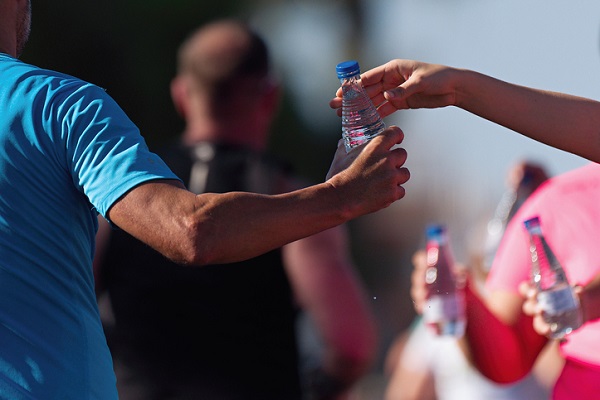
The International Association of Athletics Federations (IAAF) is the global governing body for the sport of athletics. As such, its statements regarding health and nutrition for athletes are taken seriously by athletes, coaches, and trainers. Recently the IAAF released its Consensus Statement on Nutrition for Athletes, which is a comprehensive guide to sports nutrition for athletes.
After completing sport and nutrition training you can pursue a career working with both professional and amateur athletes, such as at gyms, fitness centres, and sports performance facilities. For that reason, the IAAF’s statement could prove important to your career. Here are a few key facts about the statement.
IAAF Statement Emphasizes a “Food First” Approach Regarding Supplements
The IAAF statement tackled the issue of supplements in its consensus statement. According to the IAAF’s statement, many supplements are “marketed with often questionable claims.” The statement urges athletes and coaches to adopt a “food first” approach, whereby whole foods form the basis of their nutritional needs, rather than relying too heavily on supplements and sports foods.
However, the IAAF acknowledged that there is a place for supplements in sports nutrition. Specifically, the IAAF singled out caffeine, creatine, nitrate, beta-alanine, and bicarbonate as supplements that have proven performance gains for some types of athletes. Additionally, supplements may be appropriate to address an individual’s unique needs, such as if they have an iron deficiency. During your studies, you will have a chance to learn more about supplements in health and sport training, so that that you can better understand the role supplements play in overall nutrition.
IAAF Emphasizes That When it Comes to Nutrition, Every Athlete Is Different
A key message that was repeated throughout the consensus statement was the fact that there is no nutrition plan that is going to work for every athlete. Instead, the IAAF emphasized the importance of personalized nutrition and meal planning for individual athletes. The team of experts who authored the statement found that food intake needs to be tailored to the events that athletes are participating in as well as their own personal health.
For example, athletes running distance events like marathons need to pay special attention to their hydration plan during the event. Meanwhile, athletes participating in sprint events need to be careful about their nutritional intake both before and after events in order to maximize their performance.

Certain athletes, like marathon runners, have unique nutritional and meal planning needs
Student in Sport and Nutrition Training Should Pay Attention to IAAF’s Position on Special Diets
The statement also tackled issues surrounding special diets that have become popular in recent years, including gluten-free diets and vegetarianism. As regards gluten-free diets, the statement says that there are no direct benefits associated with avoiding gluten. At best, the statement found that that a gluten-free diet can lead to some changes in the body, which emerging evidence suggests may help improve symptoms of gastrointestinal problems.
As for vegetarianism, the IAAF says that a vegetarian diet can meet athletes’ nutritional demands, but that meal planning should focus on certain nutrients, like iron, that are harder to get from plant-based sources. As part of your sport and nutrition training, you’ll learn about proper meal planning and nutrition for athletes so that you can help them stay healthy.

The IAAF statement tackled issues related to special diets for athletes, including vegetarianism
Are you interested in nutritionist training in Ontario?
Contact the Academy of Applied Pharmaceutical Sciences to learn about our programs.



